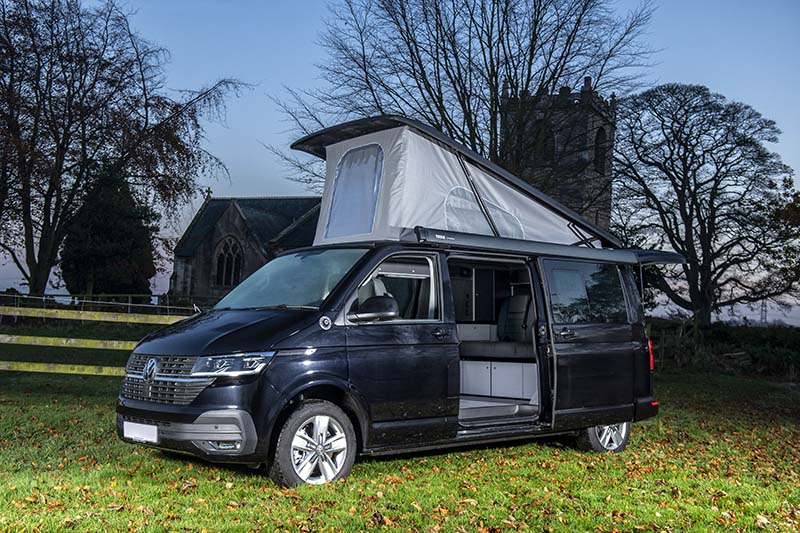Camping off grid, foraging in the UK
Foraging, the act of gathering wild edible plants, animals and fungi, has been a long-standing tradition throughout our history. Recently foraging has experienced a resurgence as we are all getting out there and reconnecting with nature.
We are lucky here in the UK, we have diverse landscapes with rich biodiversity that offer a wealth of foraging opportunities. As 8 ballers, getting away and living off grid, foraging is something we love to do. Connecting with nature and creating a foraged meal feels great, and if you have them, it keeps the kids occupied and can be an adventure all of its own for them and you.
As responsible campers we just want to give you a little heads up into proper Foraging Practices:
- Start by educating yourself about wild plants and animals and their identification.
- Respect the Environment: Only harvest what you need. Avoid foraging in protected areas, national parks, or private lands without permission. Be mindful of fragile ecosystems and rare species.
- Avoid uprooting or damaging the roots, as this can prevent the plant from regenerating.
- Be Aware of Seasonality: Respect the natural growing seasons of plants. Harvesting at the appropriate time ensures the sustainability of wild populations and allows for optimum flavour and nutrition.
Foraging is a skill and an education all in itself, if you want to take a dabble into foraging we are going to give you a couple of quick plans to make a foraged meal…Let’s start simple and build up eh?
Elderflower found in abundance during `June and brilliant for a quick addition to spice up a drink in summer:
- Step 1: Mix sugar and boiling water and stir to dissolve. Add lemon juice and lemon zest.
- Step 2: Shake the elderflowers to remove any insects and add the flowers to the sugar syrup. Cover and leave to stand for 1 day, stirring morning and night.
- Step 3: Strain the elderflower cordial through muslin (in a camp situation, sometimes we use a sock!) and decant into sterilised bottles. It’s now ready to use.
- Step 4: Add to water and ice for a refreshing, long drink or add to Prosecco or Champagne for a summer fizz. Yum!
Blackberries: Growing abundantly in hedgerows and woodlands during late summer and early autumn, blackberries are perfect for jams, desserts, or simply enjoying fresh, but we like to do them as a pancake topper (also amazing on yogurt and granola).
Blackberry pancakes topper:
Add 40 blackberries, juice of a lemon, sugar to your taste and a cup of water to a pan, bring to boil for 5 mins, then simmer for 10. Now you have a lush blackberry compote you can have hot or cold.
Now you’ve done a couple of quick ones, let’s get into the interesting bits:-
Coastal foraging opens up a world of culinary possibilities. Seaweeds can be used in salads, soups, stews, or even as a flavourful seasoning. Shellfish can be steamed, grilled, or incorporated into various dishes, bringing a taste of the ocean to your plate. Coastal plants like samphire, sea beet, or sea purslane offer unique flavours and can be used in salads, stir-fries, or pickled for longer preservation.
One of the key aspects of coastal foraging is exploring intertidal zones. These are the areas of the shore that are exposed during low tide and submerged during high tide. As the tide recedes, a plethora of life becomes accessible, from rock pools to seaweed-covered rocks. It’s important to consult tide tables and plan your foraging trips accordingly to ensure your safety and maximise your harvest.
We love to make a bowl of mussels with a white wine sauce and a good bread to dip. It doesn’t get much better than this!
Mussels:
- Safety First: Always prioritise your safety and be aware of potential hazards such as slippery rocks, changing tides, and strong currents. Keep an eye on the tide and plan your foraging activities accordingly.
- Know the Regulations: Familiarise yourself with local laws and regulations regarding foraging, shellfish harvesting licenses, and protected areas. Respect any restrictions or seasonal closures that may be in place to ensure the sustainability of the resources.
Now let’s get onto the good stuff. Mussels are simple to forage and easy to cook in a camper. Now, where to find them.
Make sure you’re picking them from an area with clean seas and rocks for the mussels to hold onto, Scotland, Cornwall and Wales are great places.
10-20 Mussels per person is a good amount, once you’ve picked your mussels, soak your mussels in fresh water for about 20 minutes. As the mussels breathe, they filter water and expel sand. After about 20 minutes, the mussels will have less salt and sand stored inside their shells. This recipe is for 40-50 mussels:
STEP 1
Tip the mussels into the sink or a large bowl of cold water. Swish them around with your hands to wash them thoroughly. Use a small sharp knife to scrape off any barnacles attached to the shells. Discard any mussels with broken shells.
STEP 2
Pull off the beards using the knife to help you – they just need a good tug. The beard is the brown wispy bit hanging out of the join in the shells. Not all mussels will have beards.
STEP 3
If any mussels are open, tap them sharply against the side of the sink, worktop or with a knife. If they don’t close, discard them – they are dead and not edible.
STEP 4
Rinse the mussels again in fresh cold water to remove any bits of shell or barnacle, and drain in a colander. Tip the mussels into a large pan, then add a glass of wine and a chopped shallot. The pan should not be more than half full – the mussels need plenty of space to move around so that they cook thoroughly.
STEP 5
Set the pan over a high heat and cover tightly with a lid. When the pan starts to steam, cook the mussels for 3-4 mins, shaking the pan from time to time to ensure they cook evenly. They are cooked when the shells have opened. Mussels that have not opened are fine to eat if they can be easily opened.
STEP 6
Remove the pan from the heat to stop the mussels cooking any further. Sprinkle with chopped parsley, then spoon them into warmed bowls and pour over the pan juices.
Enjoy the recipes and Happy Foraging 8 Ballers!
